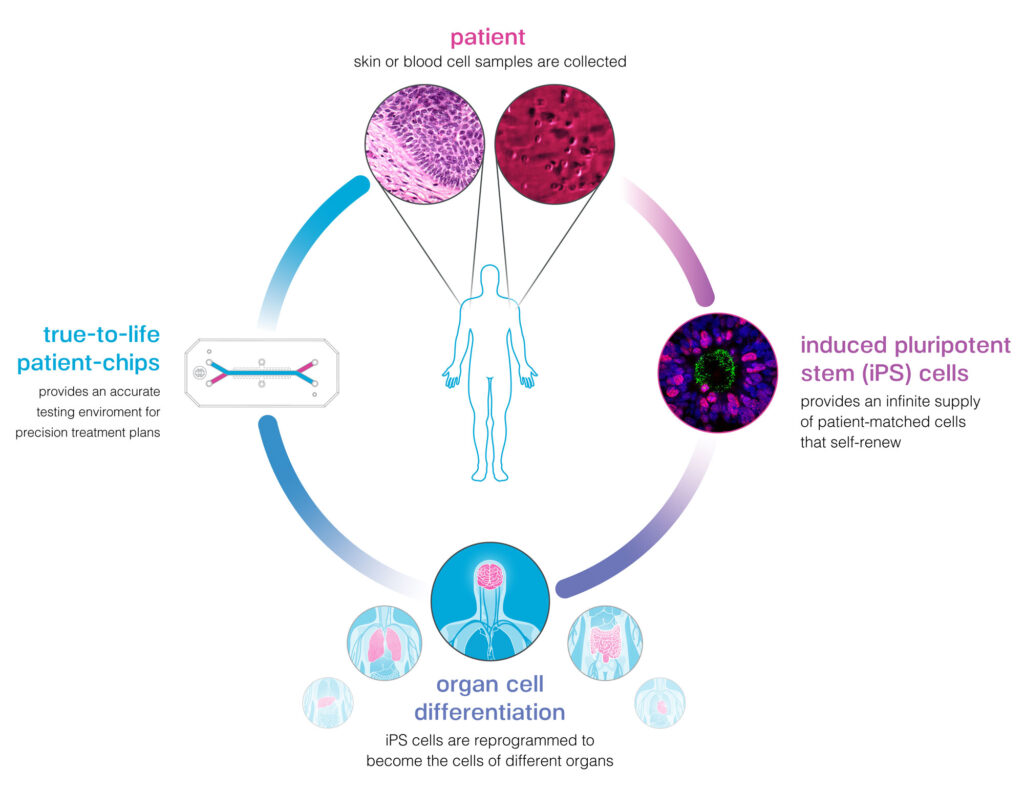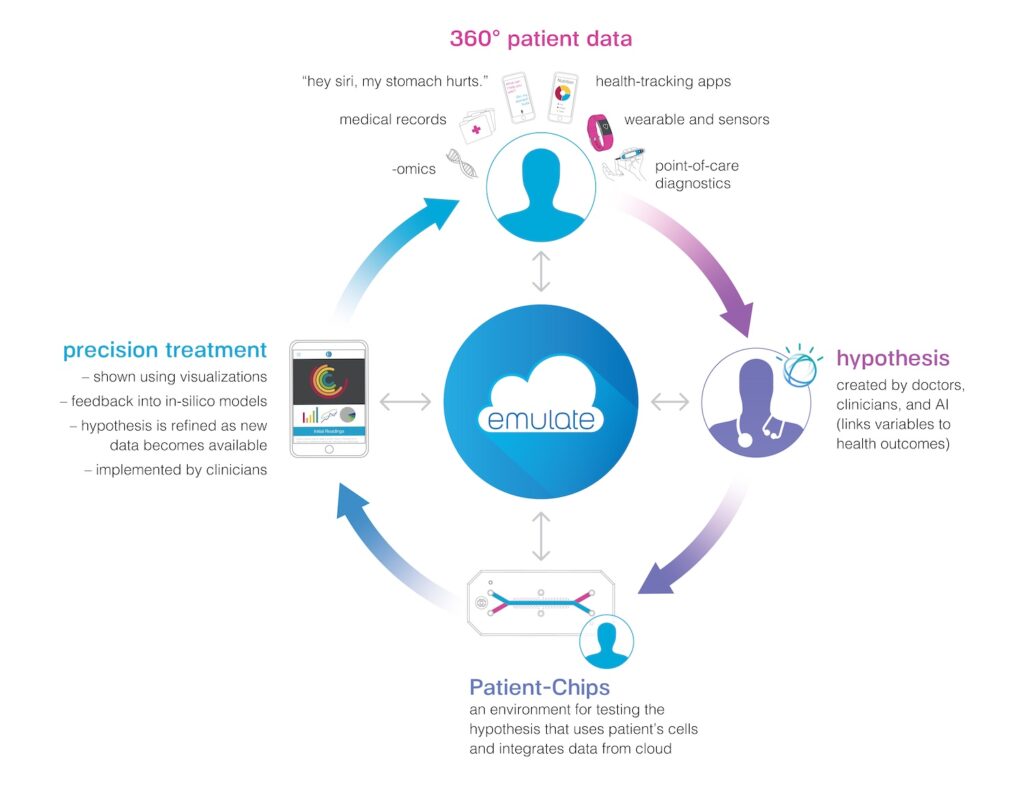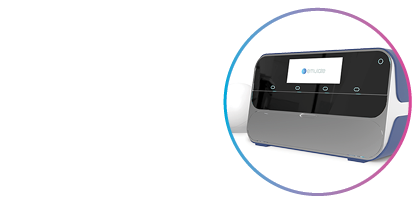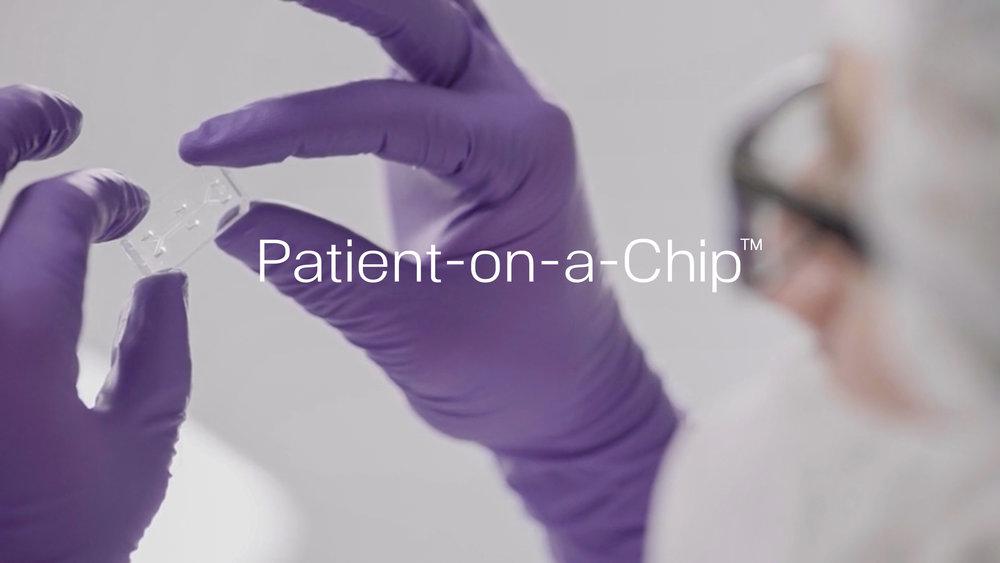A New Initiative Using Organs-on-Chips Technology
Researchers know that people respond differently to foods, drugs, and chemicals. For example, a medication may be effective in one individual, while it makes another even more ill. Until now, we’ve had no way to test how a diet or a treatment plan would affect a person before administering it to them.
In an effort to provide clinicians with better information about their patients, Emulate has an ongoing program with Cedars-Sinai Medical Center that combines their expertise working with stem cells together with Organs-on-Chips technology. This Patient-on-a-Chip program holds the potential to advance the field of precision medicine and provide clinicians with a new system that more accurately predicts an individual’s response to foods, medicines, and chemicals.
Combining Stem Cells and Organs-on-Chips
The collaboration leverages innovative stem cell science from Cedars-Sinai and the Human Emulation System, which uses Organs-on-Chips technology to recreate true-to-life biology outside the body. The Human Emulation System creates an environment where cells exhibit an unprecedented level of biological function and gives researchers the ability to control complex human biology and disease mechanisms that are not possible with other techniques.
Cedars-Sinai scientists can harvest cells from the blood or skin of participating individuals. These cells can then be reprogrammed into induced pluripotent stem cells, which can be made into any organ cell, each bearing the unique genetic fingerprint and characteristics of the individual. This process is particularly useful to recreate cells from organs like the brain, which can’t be sampled from a living individual.
By placing a patient’s cells in Organ-Chips and exposing those cells to a particular drug or series of drugs, clinicians could gain better information about how that individual would respond to treatment, avoiding the risk of administering a drug that may cause harm.

The Promise of Precision Medicine
The promise of precision medicine is that when a patient is sick, a clinician will be able to develop a tailored treatment plan that takes into account that patient’s unique biology. Organs-on-Chip technology will provide better information about how a patient will respond to a disease and to a subsequent treatment that will help doctors make more informed decisions.
As science continues to advance, precision medicine will include preventative measures as well. Imagine a recursive circle of precision medicine that integrates the expertise of doctors and clinicians, data generated by wearables and other devices, the analytic and predictive power of artificial intelligence, together with Organs-on-Chip technology.

Transforming Care
This project holds the potential to change the way diseases are treated. It will also change the way each of us understands and manages our own health by providing deeper insights into our own biology.
“Cedars-Sinai’s world-class stem cell expertise and discovery, combined with the pioneering Human Emulation System, is poised to reshape the future of medical care,” said Shlomo Melmed, MB, ChB, executive vice president, Academic Affairs, and dean of the medical faculty at Cedars-Sinai.
Initial scientific findings, have been published in Cellular and Molecular Gastroenterology and Hepatology, a journal of the American Gastroenterology Association.




